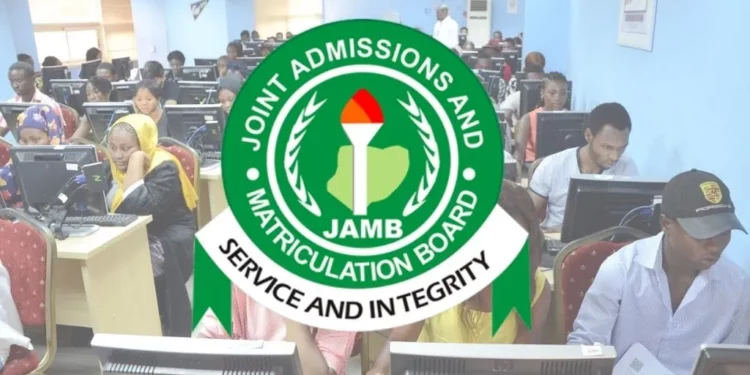The Joint Admissions and Matriculation Board (JAMB) has expressed fresh concerns over the surge in examination malpractice, with its Special Committee on Examination Infractions blaming parents for the majority of irregularities recorded in the 2025 Unified Tertiary Matriculation Examination (UTME).
Chairman of the committee, Jake Epelle, stated that parents were responsible for nearly 80 per cent of the infractions. He made the disclosure on Monday while featuring on Channels Television’s Politics Today, following an earlier report presented to JAMB Registrar, Prof. Ishaq Oloyede.
“Eighty per cent of these infractions are caused by parents who want to secure marks for their children that they do not deserve,” Epelle said.
The UTME, Nigeria’s central examination for admission into universities, polytechnics, and colleges of education, has battled with malpractice for years, even after the introduction of Computer-Based Testing (CBT). Despite heavy investments in modern security systems, the 2025 UTME revealed more sophisticated forms of cheating.
According to Epelle, the committee uncovered 4,251 cases of ‘finger blending’, a biometric manipulation scheme, and 190 cases of AI-assisted impersonation through image morphing. Other infractions included 1,878 false disability claims, multiple registrations using different National Identification Numbers (NINs), forged credentials, and collusion between candidates and organized syndicates.
He cautioned that the rise of technology-driven fraud is making it increasingly difficult to guarantee the credibility of national examinations.
“This is the age of AI, and what is happening is that while JAMB deploys state-of-the-art technology, there are people working behind the scenes to undermine the system. These are often very smart young Nigerians,” he said.
Epelle further argued that relying solely on foreign technological solutions will not resolve the problem. Instead, he called for the development of locally adaptable innovations tailored to Nigeria’s unique challenges.
“Every technology has its glitches, which is why I advocate for adaptive technology. We need solutions designed within our environment that can address the specific issues we face,” he added.





